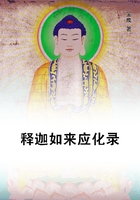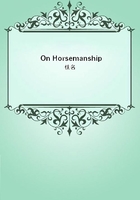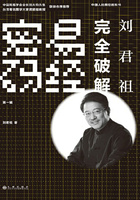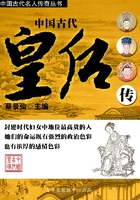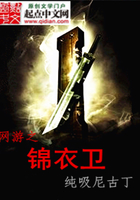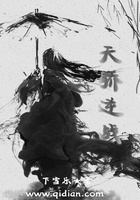THE PAPACY
See bibliography, chap. iv. (b). Ciacconius, /Vitae et res gestae Romanorum Pontificum/, 1677. Sandini, /Vitae Rom. Pontif./, etc., 1753. Guarnacci, /Vitae et res gestae Rom. Pontif./, etc., 1751.
Ranke, op. cit., Reumont, op. cit. Della Gattina, /Histoire diplomatique des conclaves/, 1865. /Bullarium Romanum/.
Difficult as had been the situation with which the Popes were confronted during the sixteenth century and the first half of the seventeenth century, when heresy was rampant throughout Europe, and when Catholic nations were obliged to fight for their very existence, it was not a whit more difficult or more critical than that created by the increasing and selfish demands of Catholic rulers, which confronted their successors during the age of absolute government. The Peace of Westphalia (1648), by giving official sanction to the principle of state neutrality, meant nothing less than a complete revolution in the relations that had existed hitherto between Church and State. So long as the Christian world was united in one great religious family, acknowledging the Pope as the common Father of Christendom, it was not strange that in disputes between princes and subjects or between the rulers of independent states the authority of the Pope as supreme arbitrator should have been recognised, or that his interference even in temporal matters should not have been regarded as unwarrantable.
But once the religious unity of Europe was broken by the separation of entire nations from the Church, and once the politico-religious constitution of the Holy Roman Empire was destroyed by the acceptance of the principle of religious neutrality, the Popes felt that their interference even indirectly in temporal matters, however justifiable it might be in itself, could produce no good results. Hence apart from their action as temporal sovereigns of the Papal States, a position that obliged the Popes to take part in political affairs, the whole tendency was to confine themselves strictly to spiritual matters, and to preserve harmony if possible between Church and State. This policy did not, however, satisfy the selfish designs of rulers, who had determined to crush all representative institutions and to assert for themselves complete and unlimited authority. Catholic rulers, jealous of the increased powers secured by Protestant princes through the exercise of supreme ecclesiastical jurisdiction, determined to assert for themselves a somewhat similar authority over the Catholic Church in their own territories. It was no longer the supposed inroads of the Church upon the domain of the State but the attacks of the State upon the rights of the Church, that were likely to disturb the good relations between Catholic princes and the Pope. These rulers demanded an overwhelming voice in all ecclesiastical appointments; they insisted upon exercising the /Royal Placet/ upon papal documents and episcopal pronouncements; they would tolerate no longer the privileges and exemptions admitted by their predecessors in favour of clerics or of ecclesiastical property; they claimed the right of dictating to the cardinals who should be Pope and of dictating to the Pope who should be cardinals; of controlling education in their own dominions; of determining the laws and rules concerning marriages and matrimonial dispensations, and of fixing the constitutions of those religious orders the existence of which they were willing to tolerate.
Unfortunately in their designs for transferring ecclesiastical jurisdiction from the Popes to the crown the princes were favoured by many of the bishops, who were annoyed at the continual interference of Rome and who failed to realise that the king was a much greater danger to their independence than the Pope; by a large body of clerics and laymen, who looked to the civil authority for promotion; by the Jansenists who detested Rome, because Rome had barred the way against the speculative and practical religious revolution which they contemplated; by the philosophers and rationalists, many of whom, though enemies of absolute rule, did not fail to recognise that disputes between Church and State, leading necessarily to a weakening of Church authority, meant the weakening of dogmatic Christianity; and by liberal-minded Catholics of the /Aufklarung/ school, who thought that every blow dealt at Rome meant a blow struck for the policy of modernising the discipline, government, and faith of the Church. The eighteenth century was a period of transition from the politico-religious views of the Middle Ages to those of modern times. It was a period of conflict between two ideas of the relations that should exist between Church and State. The Popes were called upon to defend not indeed their right to interfere in temporal matters, for of that there was no question, but their right to exercise control in purely spiritual affairs. It is necessary to bear this in mind if one wishes to appreciate the policy of those, upon whom was placed the terrible responsibility of governing the Church during the one hundred and fifty years that elapsed between the Peace of Westphalia and the outbreak of the French Revolution.



